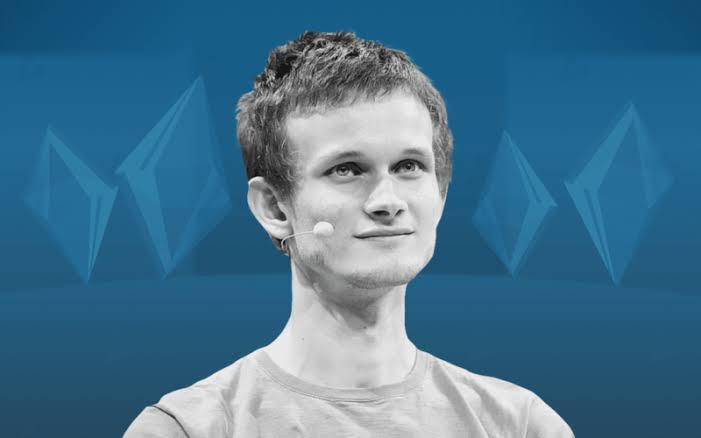Vitalik Buterin, the co-founder of Ethereum, expressed his worries in a new blog post on Monday about Worldcoin, a new cryptocurrency that was just created this week by OpenAI CEO Sam Altman.In the article, Buterin identifies four key issues with the “Proof-of-Personhood” (PoP) user identification scheme used by Worldcoin.
According to Worldcoin, user authentication can be performed without the use of personal data storage or a centralized authority.Users must scan their iris with a “Orb” gadget in order to receive a “World ID.”Compatible apps can take advantage of Worldcoin’s network of verified users to customize their services and weed out bots, like the company’s own wallet application.Buterin contends in his blog post that this system may have problems with centralization, accessibility, privacy, and security.
Buterin first makes the case that iris scanning can unintentionally reveal more information than is intended.For instance, if someone else scans the iris of a World ID holder, they can compare the results with the Worldcoin database to at the very least ascertain whether the person is registered with the system.Furthermore, Buterin claims that because to the difficulty in obtaining a “Orb” device, World IDs won’t be available to everyone.Additionally, Buterin claims that because the “Orb” is hardware, “we have no way to verify that it was constructed correctly and does not have backdoors.”The Worldcoin Foundation “remains able to insert a backdoor into the system, allowing it to create arbitrarily many fake human identities,” the author continues.
Finally, Buterin raises security issues with Worldcoin due to the possibility of hacking user phones and forcing users to provide their iris scans.Buterin agrees that there isn’t a perfect fix for these problems.There isn’t a perfect way to demonstrate someone’s personhood, Buterin claims.Instead, we have “at least three different paradigms of approaches, each with specific advantages and disadvantages.” The terms “social-graph-based,” “general-hardware biometric,” and “specialized-hardware biometric solutions” (like Worldcoin) refer to these three methods.
Buterin also adds that Worldcoin has made hardware advancements that set it apart from more conventional identification systems, particularly in terms of user privacy.“It does seem like specialized hardware systems can do quite a decent job of protecting privacy,” says Buterin. “However, the flip side of this is that specialized hardware systems introduce much greater centralization concerns.”
Following the mainnet launch of Worldcoin, the newly-launched WLD token saw an early Monday increase of more than 20% on significant cryptocurrency exchanges.


